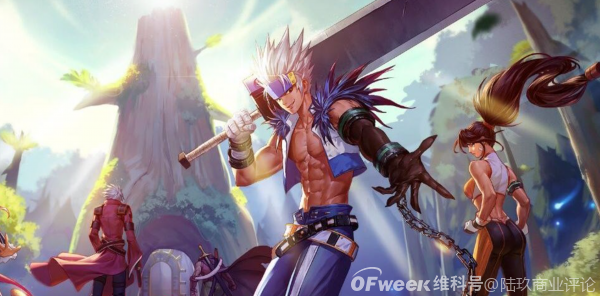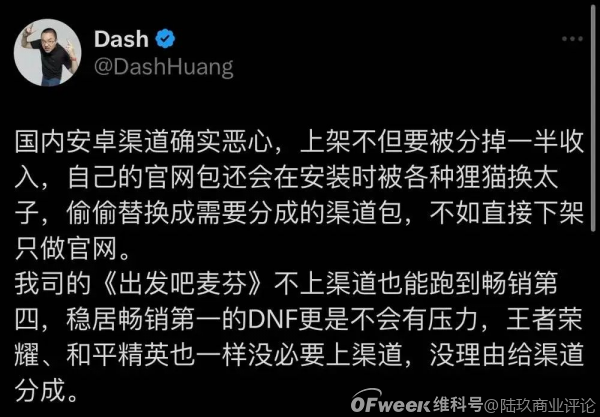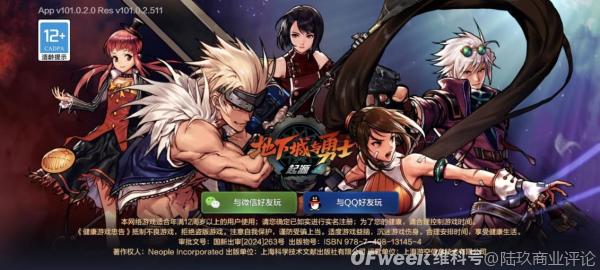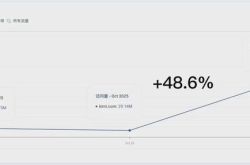"Tencent's DNF 'Half-Decoupling' from Android, Is It Due to 'Package Manipulation'?
![]() 06/24 2024
06/24 2024
![]() 644
644
Nowadays, Tencent has also chosen to turn the table over, sufficiently demonstrating that when the content gameplay and IP are strong enough, the product doesn't need to find its own users, as users will voluntarily pay for the product. No longer need to cater to the channels.

Within the gaming industry, there has always been talk of "Android Tax" and "Apple Tax", with taxes seemingly omnipresent and mountains of obstacles. However, incidents of game developers turning the tables on channels have also occurred frequently.
On June 19, Tencent's flagship mobile game "Dungeon & Fighter" (DNF) issued an official announcement stating that starting from June 20, some Android channel versions of the DNF mobile game will be removed from app stores.
As a leading global game content provider, Tencent's decision to "decouple" from some Android channels within less than a month of the DNF mobile game's launch naturally sparked significant discussions within the industry regarding "channel taxes" for game stores.
Huang Yimeng, CEO of XD.com, believes in his X-dynamic post on that day that traditional Android channels' "exploitation" of game developers is not only reflected in the 50% revenue split, but also in the fact that official installation packages are often "swapped" by channels through various methods, which is unethical.

However, some channel insiders view Huang Yimeng's remarks as having serious biases. According to Lu Jiu Business Review's communication with them, Tencent has not differentiated between "official packages" and "channel packages" for quite some time, making it impossible for channels to "manipulate" Tencent's packages from the start.
This, however, also creates a paradoxical "Rashomon" scenario: If Tencent, with its strength, can have no distinction between packages on various channels, then the hardcore alliance's placement of Tencent games becomes a purely profit-driven existence for Tencent games.
Whether viewed from the hardcore alliance's decade-long behavior or from normal business logic, this is clearly unconventional.
"Tencent Has No Channel Packages"
On the day of the announcement, the gaming industry community where Lu Jiu Business Review operates sparked a discussion about "package manipulation and its definition standards."
An Android gaming channel executive told Lu Jiu Business Review that compared to other game developers like NetEase, Tencent is one of the few or the only strong content providers, mainly evidenced by two points: "1. Tencent does not share revenue with channels; 2. Tencent only has official packages and no channel packages."
One piece of evidence supporting his claims is that whether it's the hardcore alliance's game store or third-party gaming channels (like Taptap), the downloaded game packages do not distinguish between channels and are all unified Tencent game official logos. In other words, even if players access Tencent games through the hardcore alliance's game channels, they are still Tencent game players, not players of the hardcore alliance's channels.
The difference here is that after entering the game, players can directly log in using WeChat or QQ accounts without needing to register separate channel accounts. Even NetEase, the industry's second-largest player, finds this difficult to achieve.

Moreover, Tencent's package naming is also more unique. Other content providers, such as Huawei's channel packages, might be named com.xxx.xxx.huawei; Tencent's are more likely to be called com.tencent or similar.








